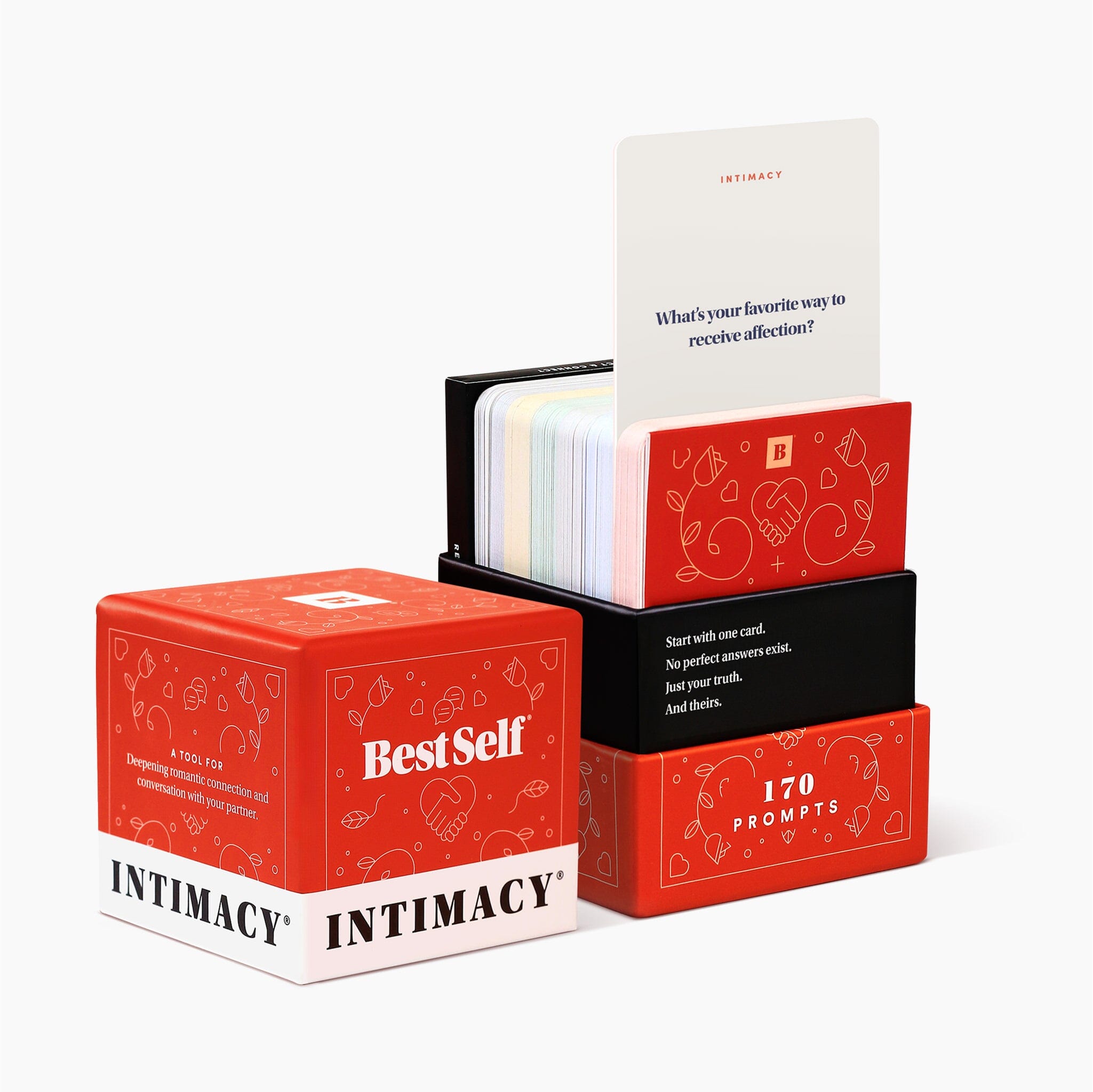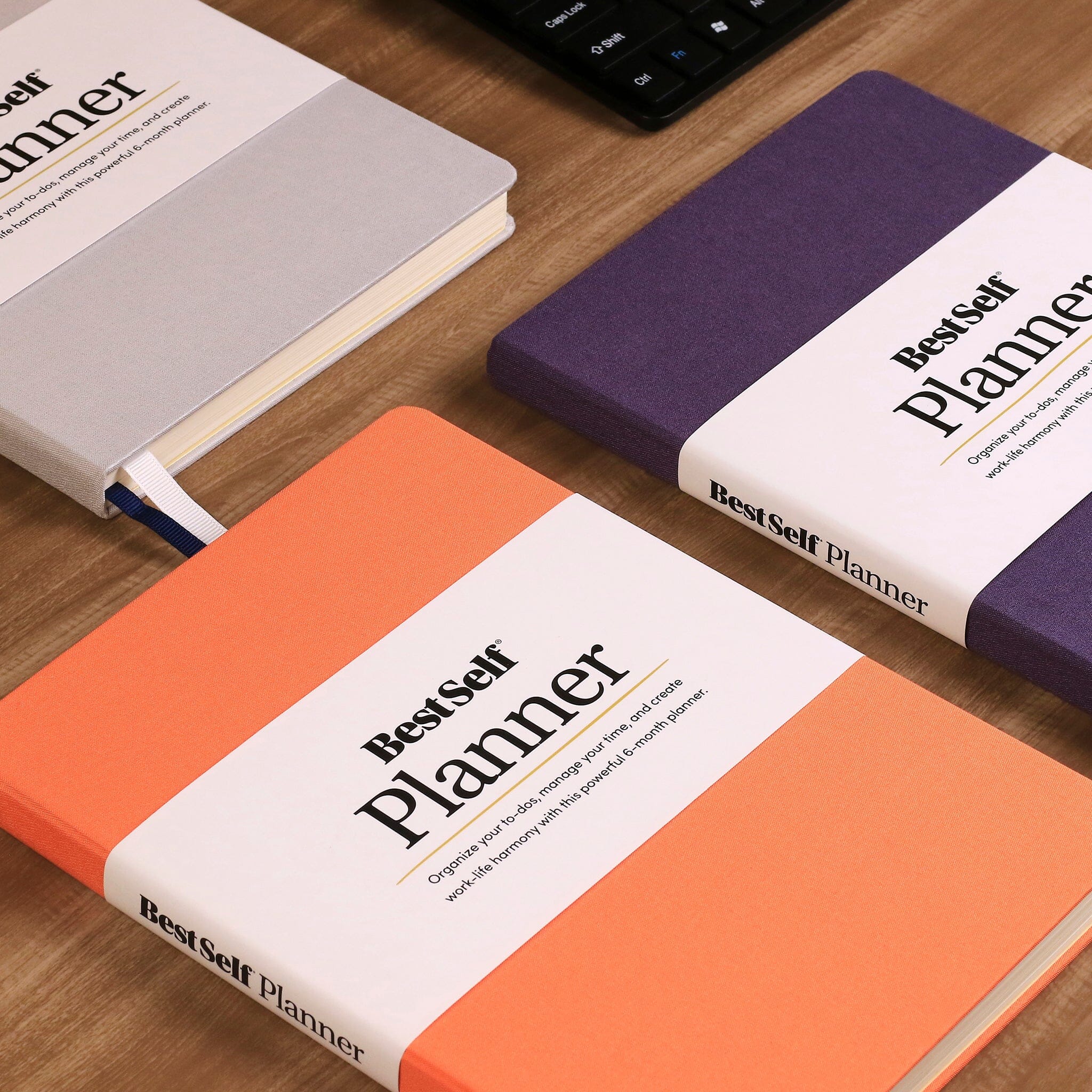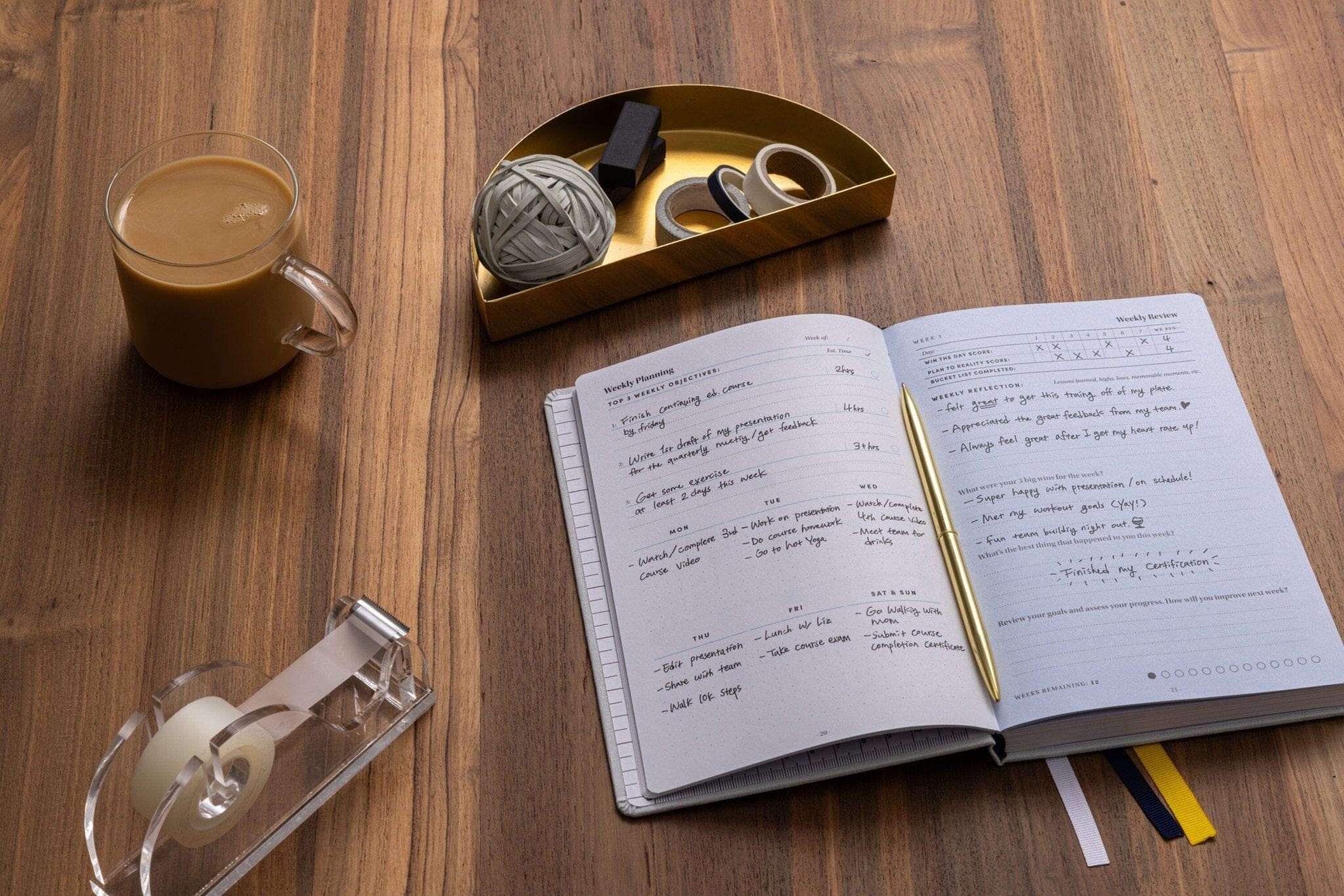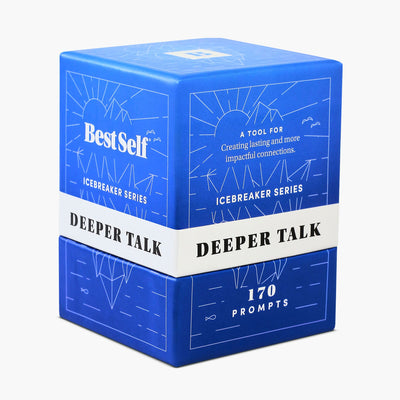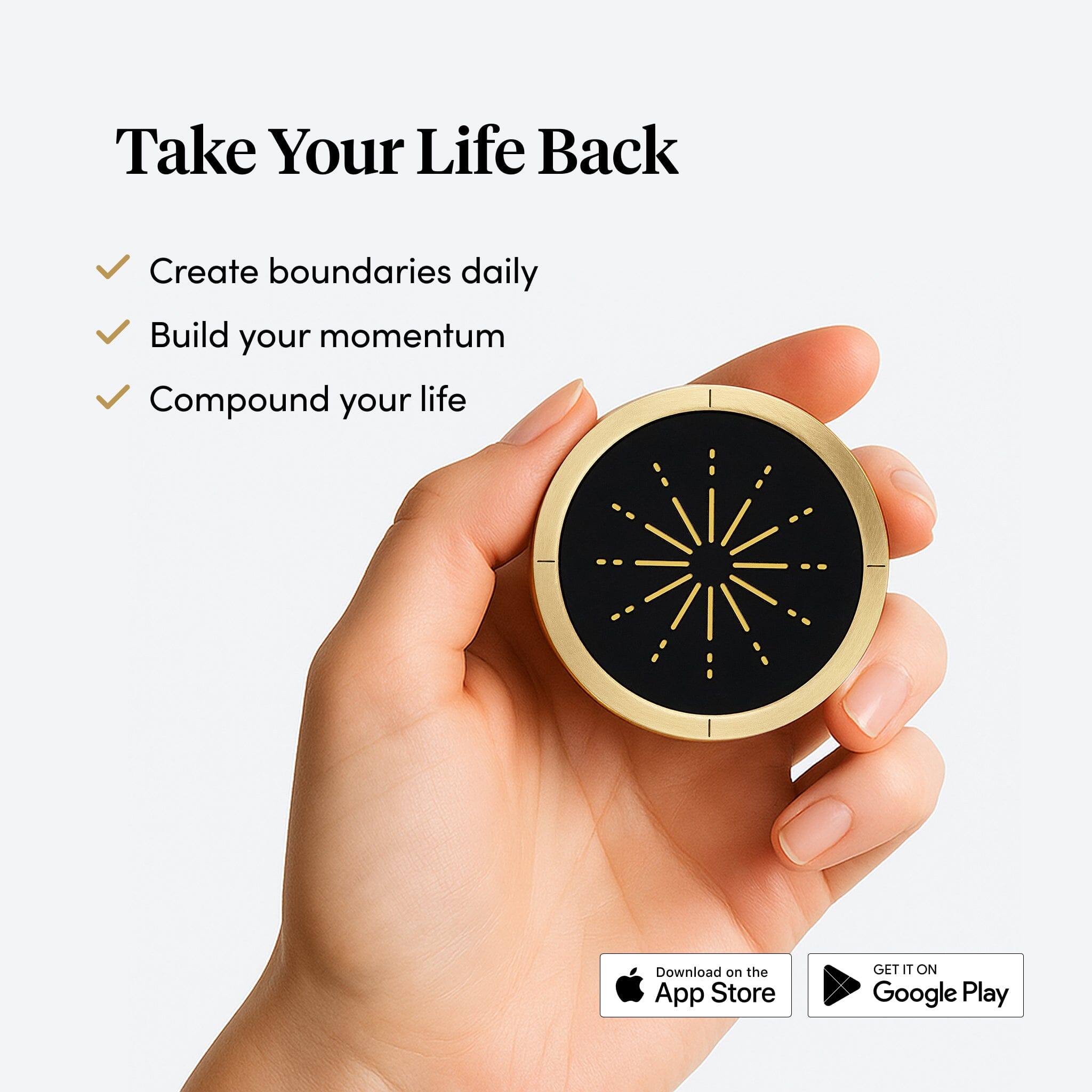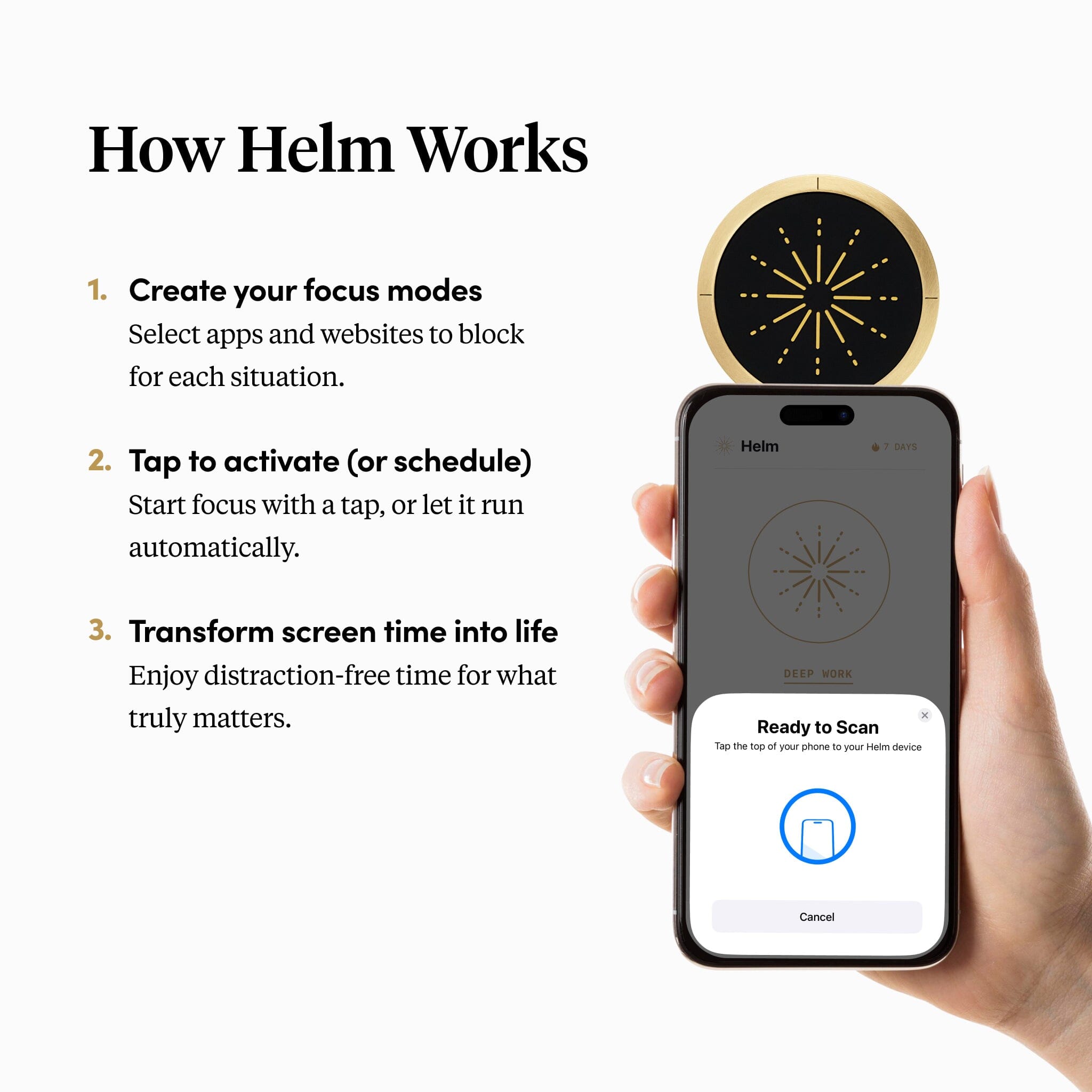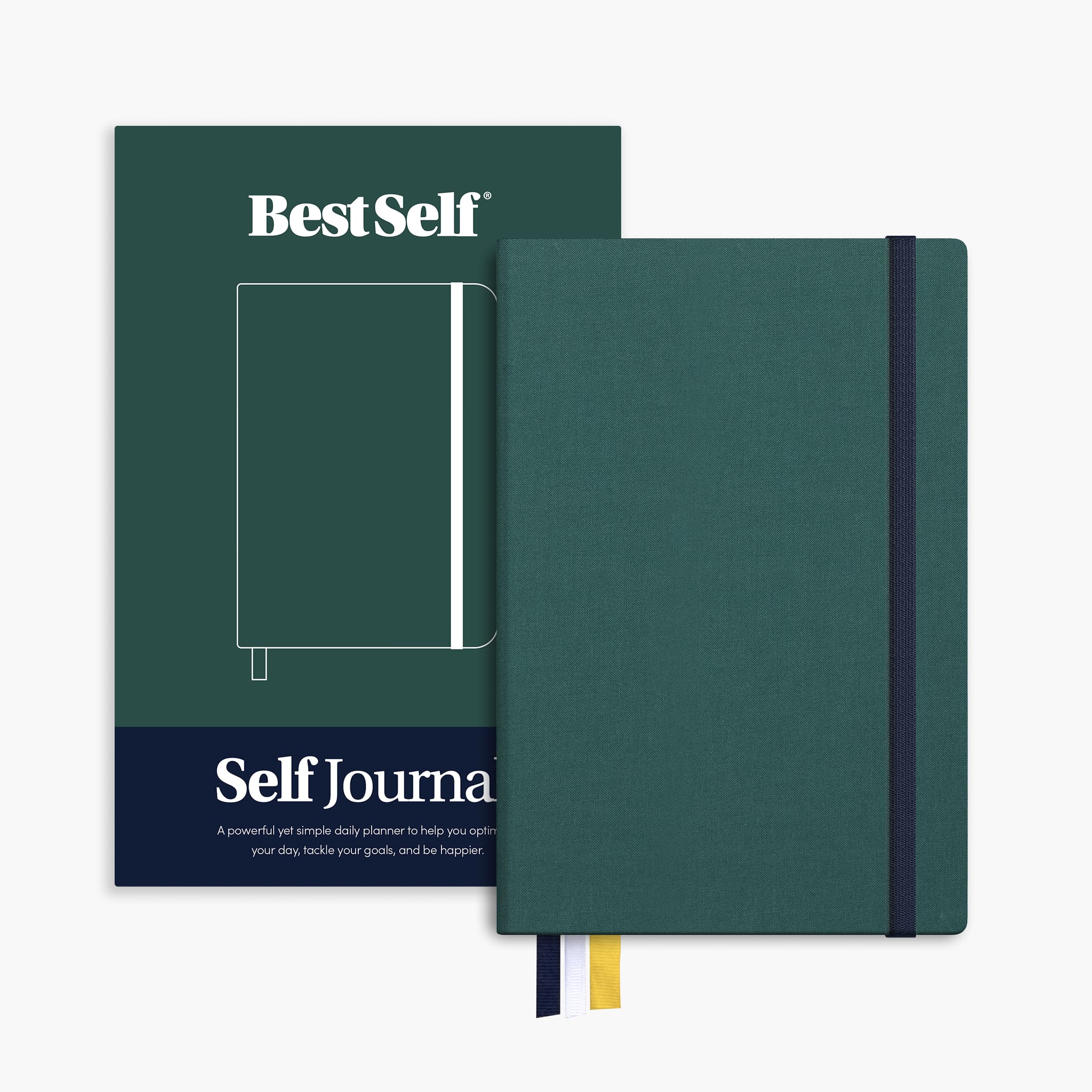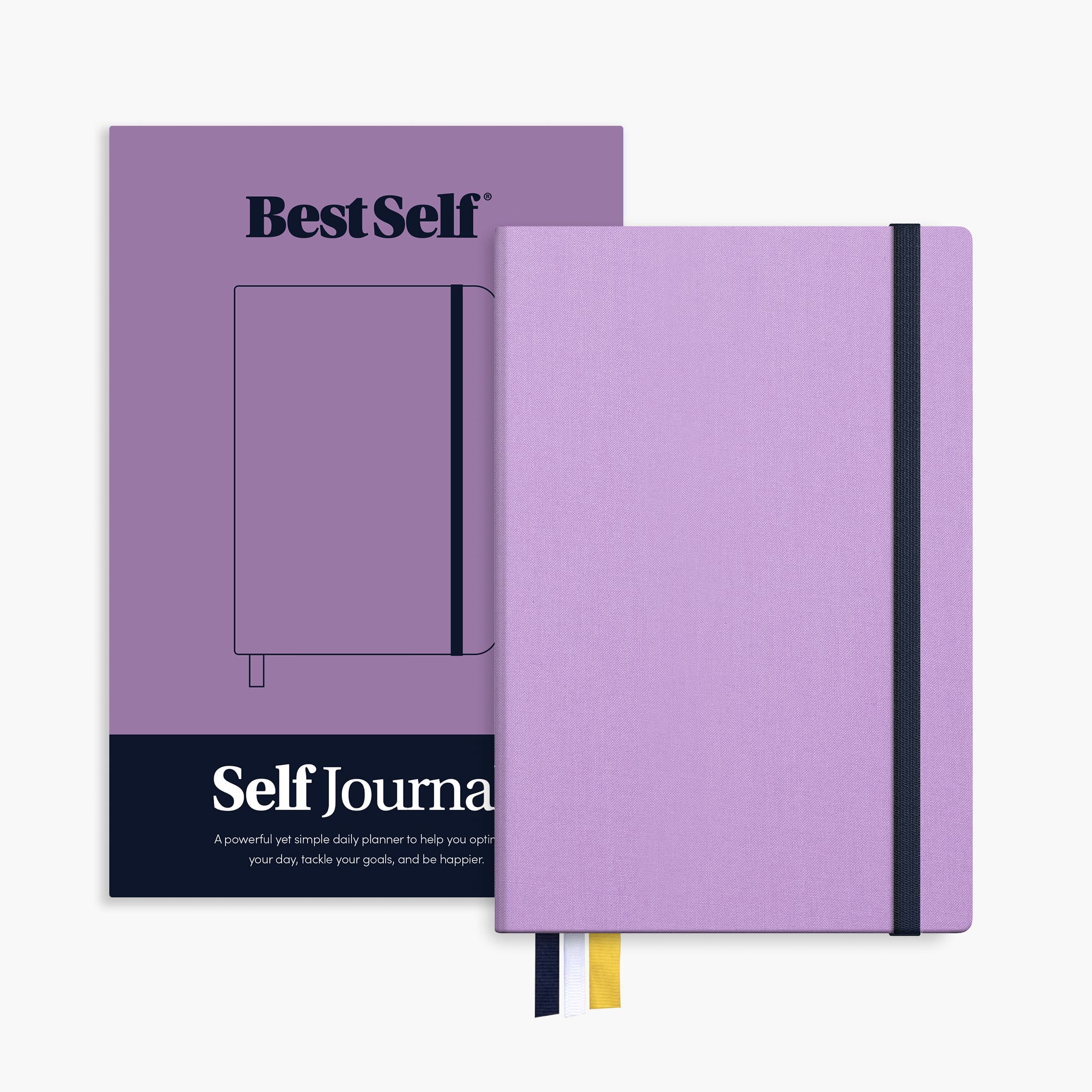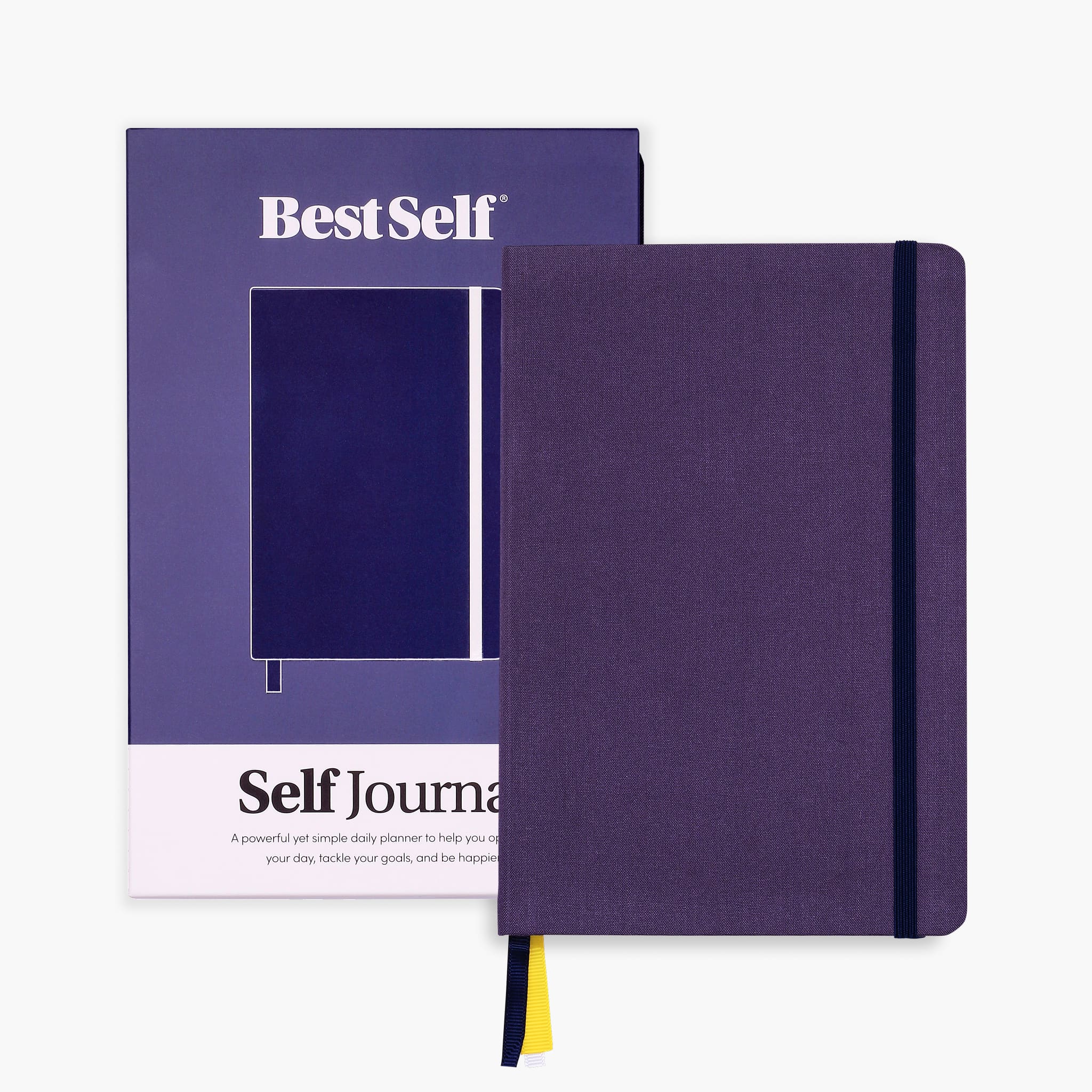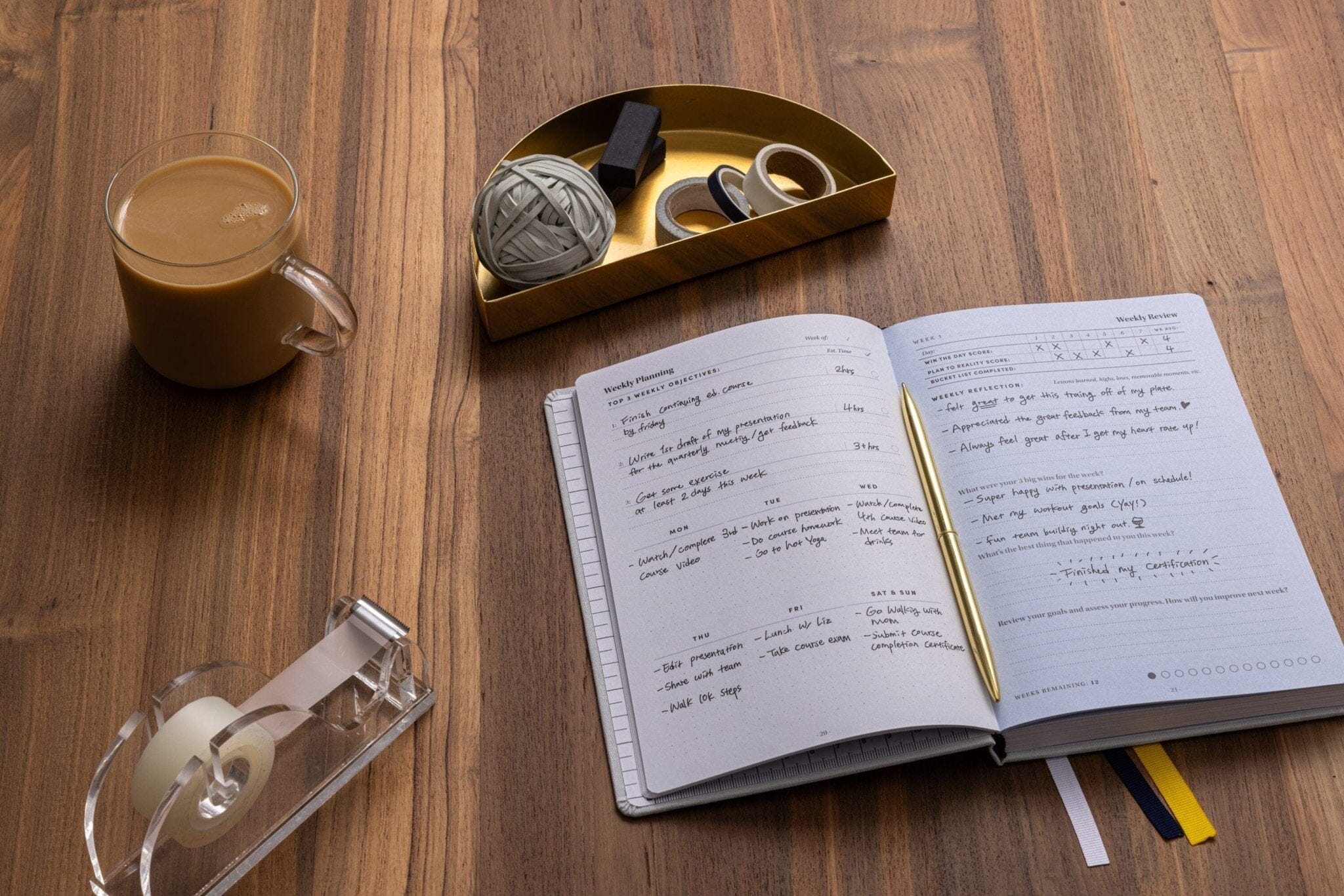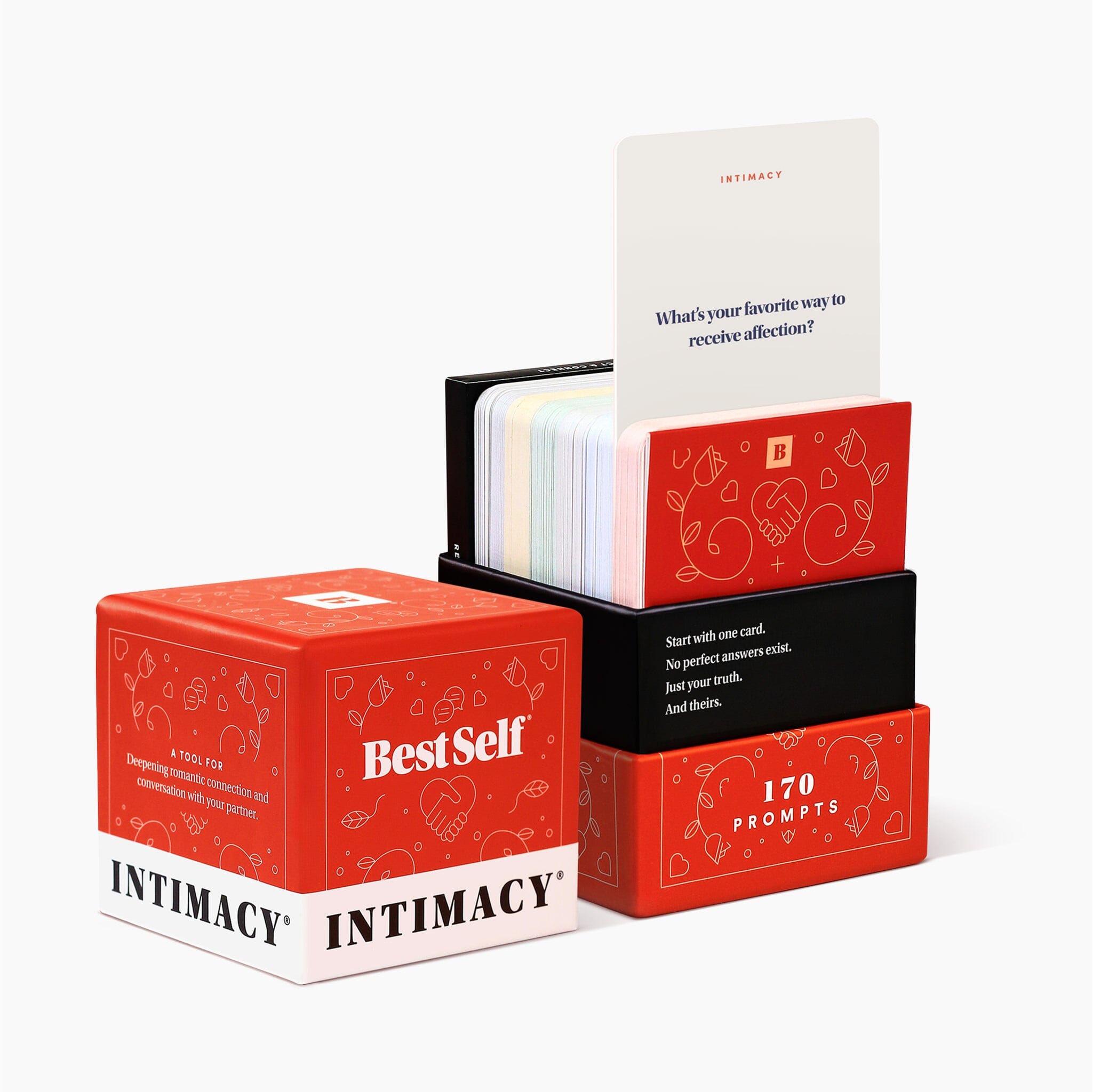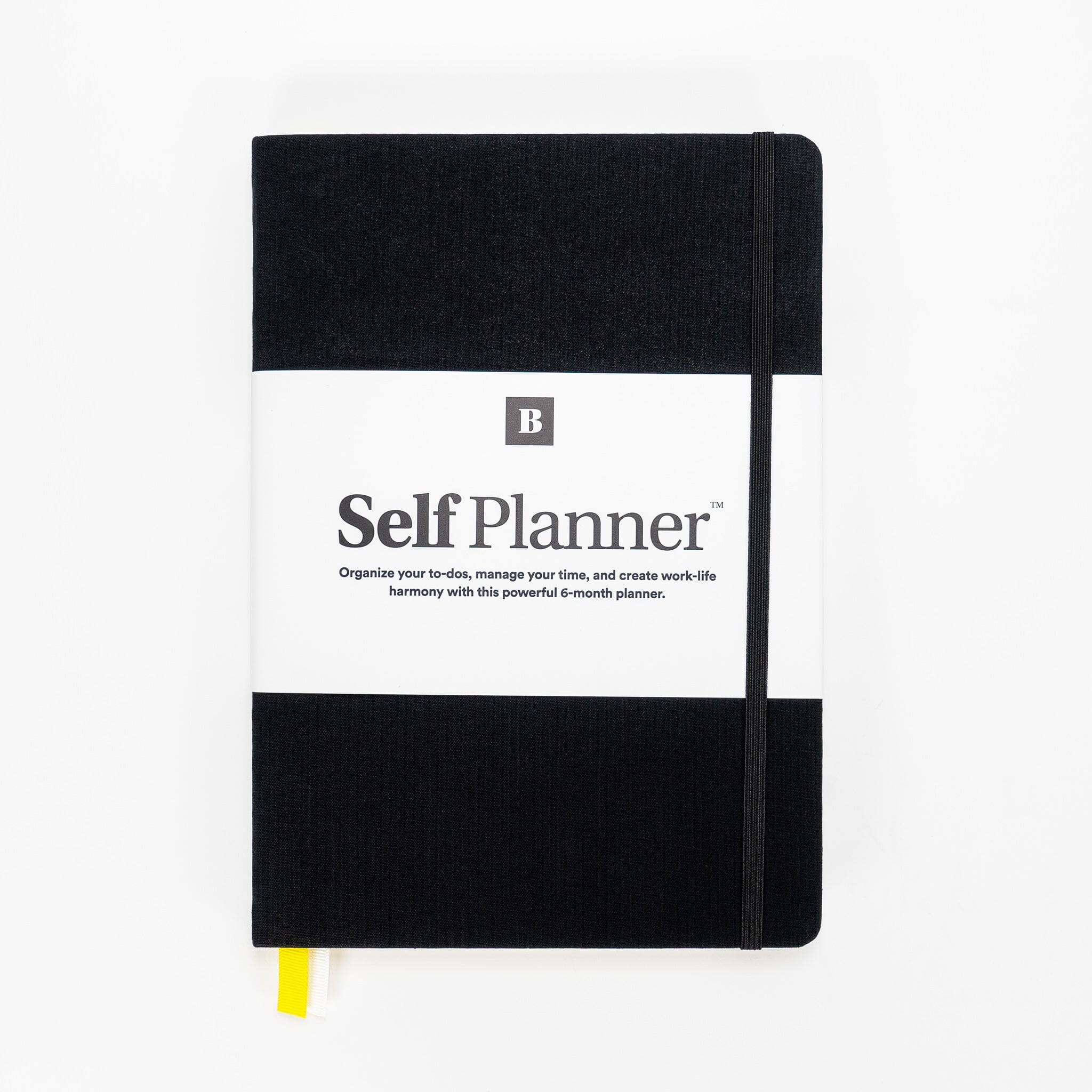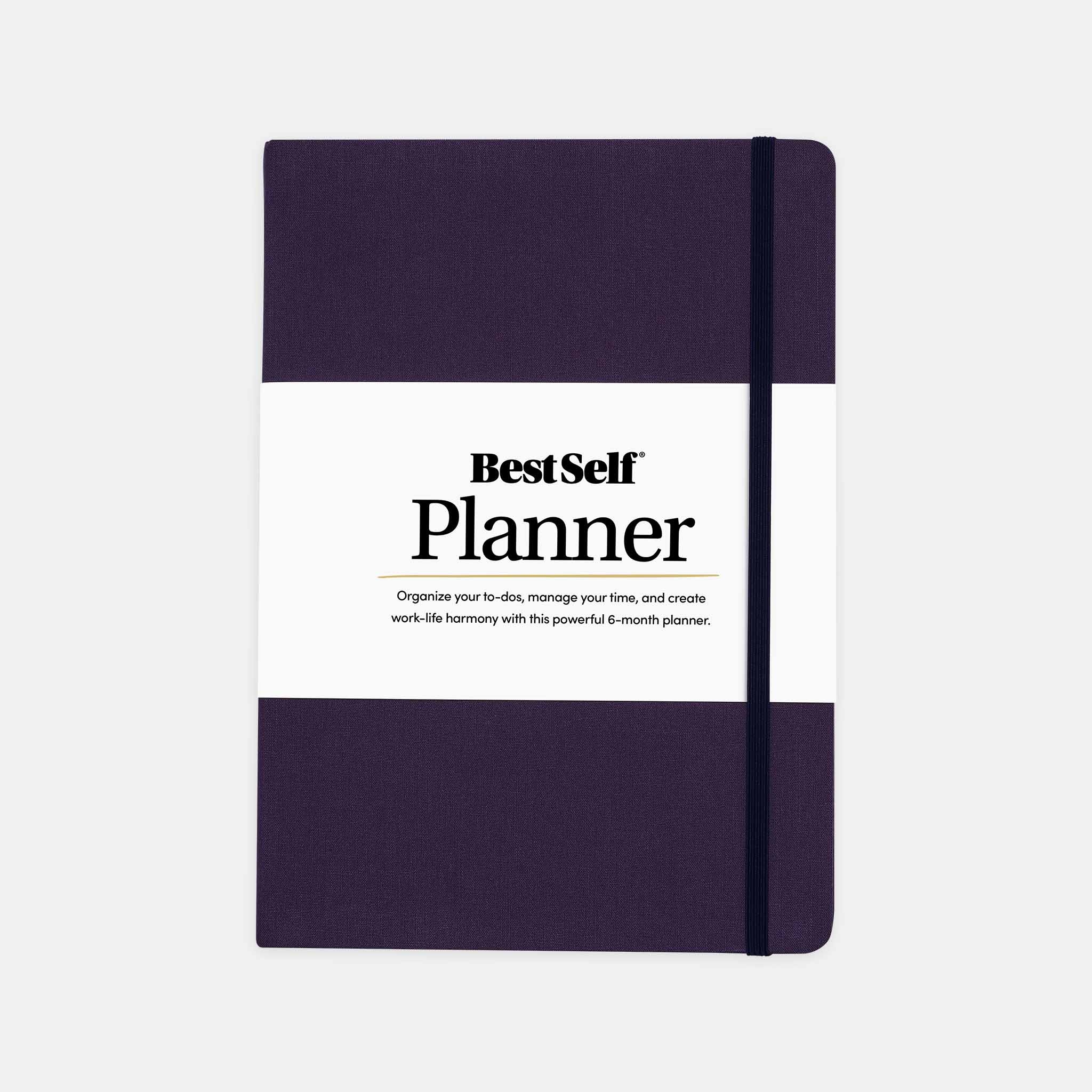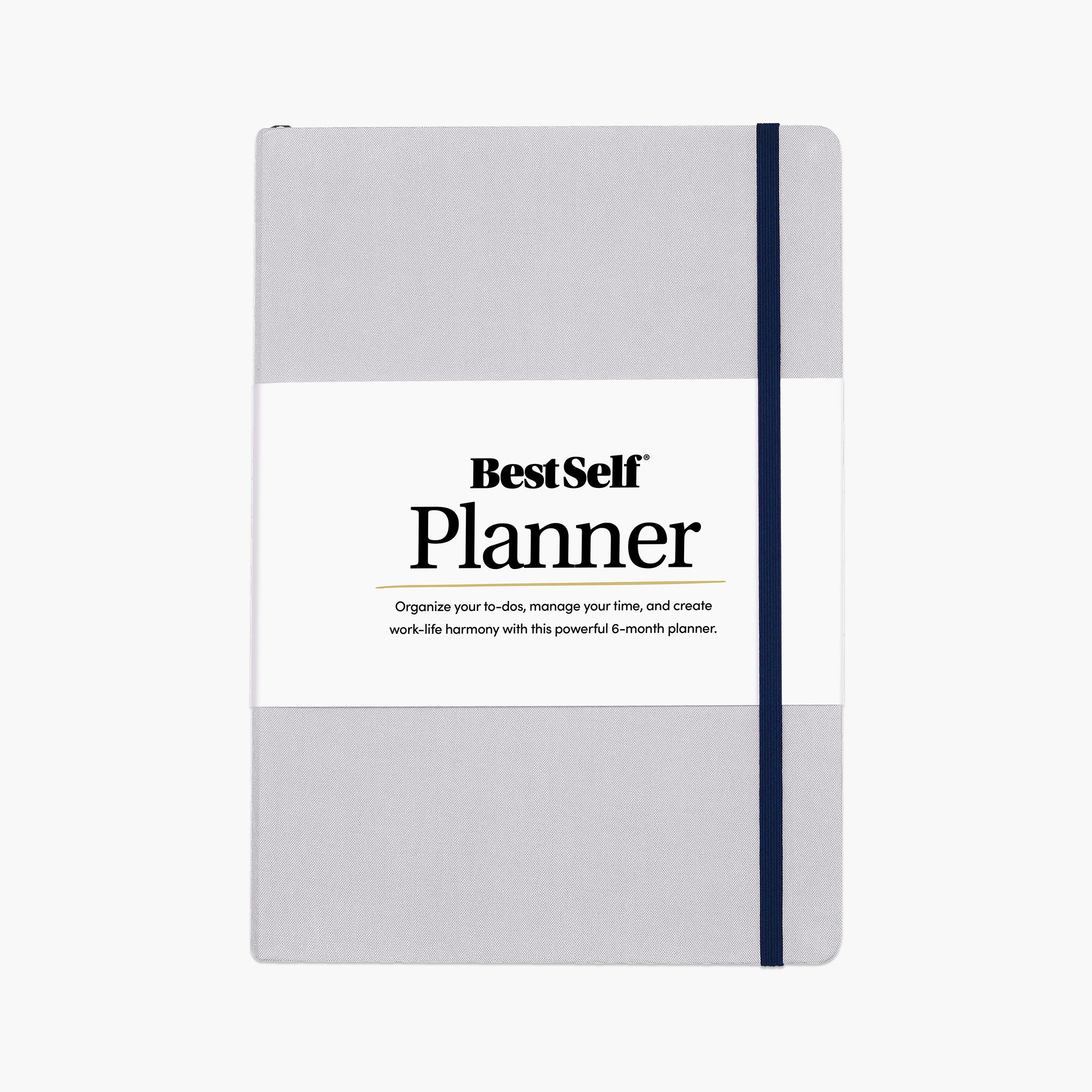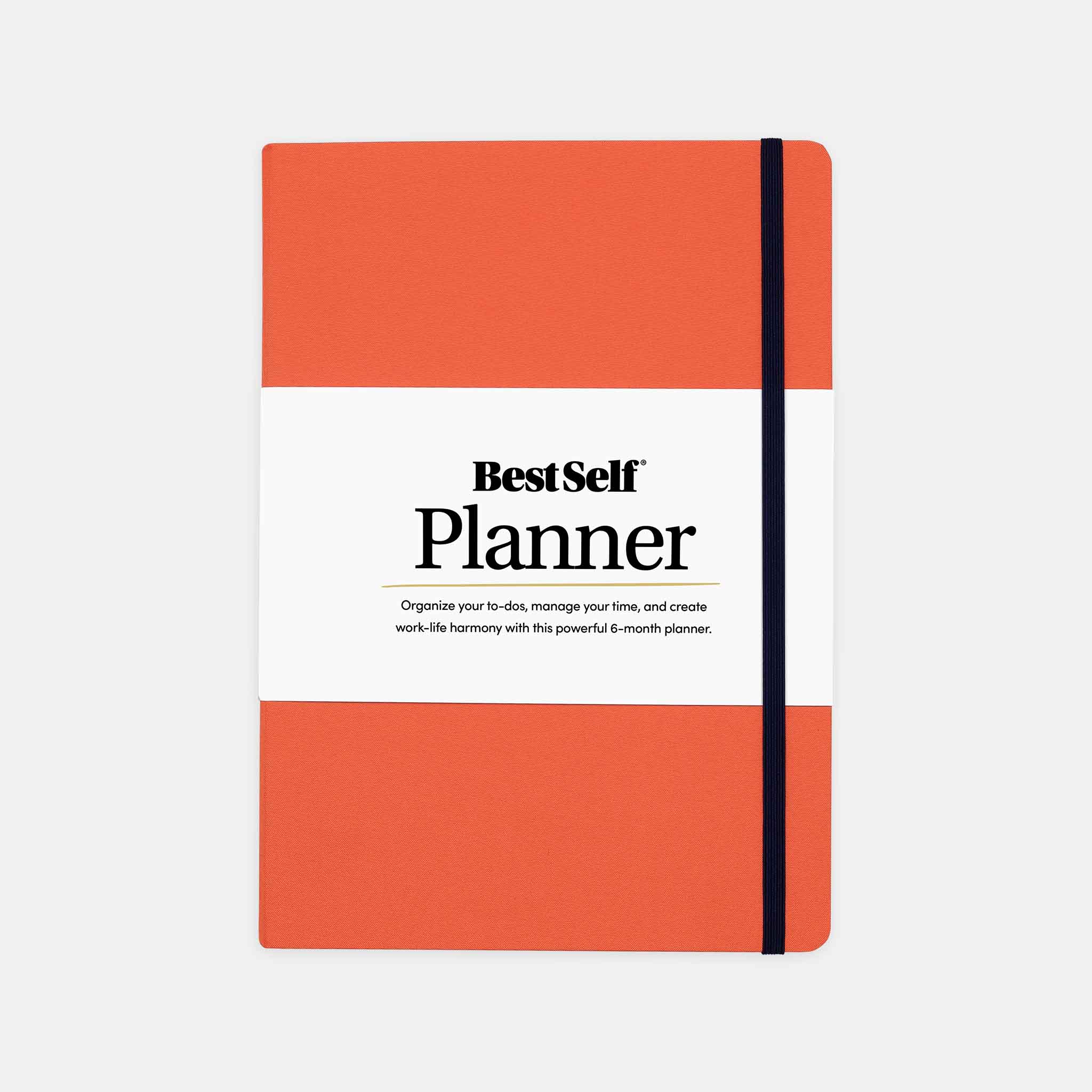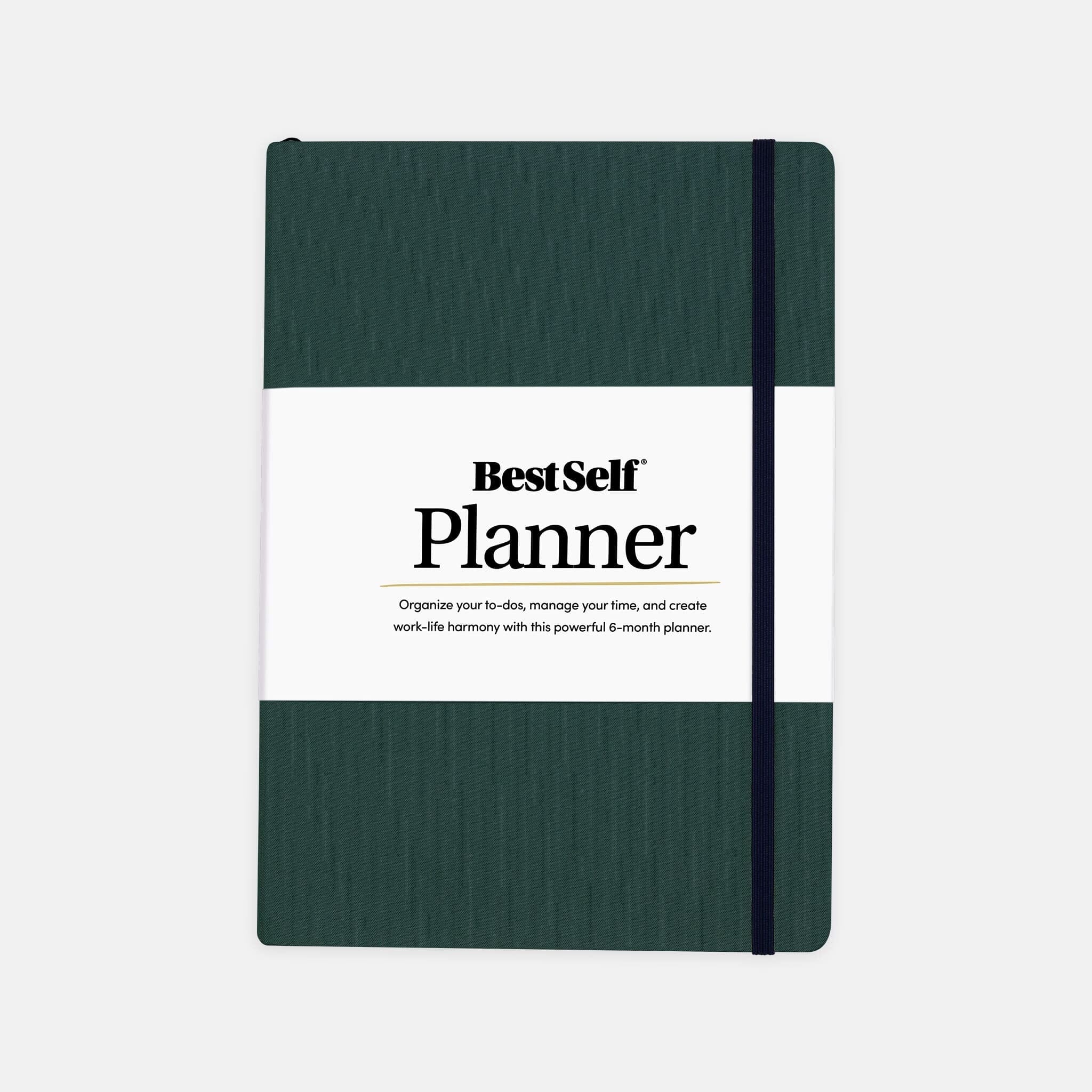3 Simple Systems That Saved My Dying Friendships
I have a confession: I'm terrible at maintaining friendships.
Not because I don't care. I care deeply. But my ADHD brain operates on an "out of sight, out of mind" basis. If I don't see you regularly, it's like you've vanished into some parallel universe. You exist, theoretically, but only in the way that the moon exists. I know you're out there somewhere, doing your thing.
Here's how my friendships typically work: You'll hear nothing from me for three months. Radio silence. Then, at 11:47 AM on a random Tuesday, you'll get three texts in rapid succession:
-
A photo of a weird mushroom I saw that reminded me of that time we got food poisoning, which then reminded me to send:
-
A picture of a highlighted paragraph from a book with a caption “read this recently and it reminded me of you”
-
"How's the new house?"
Then... silence for another three months.
I'm like a friendship poltergeist, appearing randomly to rearrange your notifications before vanishing.
This mental quirk helped when I moved away from home at 18. It kept the homesickness at bay and let me build a new life. But after seven years in New York, I realized it was costing me something precious.
I'd meet "close" friends every few weeks, spending the time playing catch-up. "How's work?" "How's your boyfriend?" "Did you see that show?" Surface-level updates on repeat. By the time we'd shared all the daily minutiae, our two-hour brunch was over. We'd hug goodbye, promise to meet soon, and I'd walk away feeling... empty.
I wasn't maintaining friendships. I was maintaining friendship status reports.
Why This Matters More Than We Think
This matters more than we realize. The Harvard Study of Adult Development, one of the longest-running studies on human happiness, followed people for over 75 years. Their biggest finding? Good relationships keep us happier and healthier.
The study's director, Robert Waldinger, found that socially connected people live longer, have better memory, and are less likely to be depressed. Meanwhile, loneliness is toxic, more dangerous to our health than obesity.
What got me: William Rawlins, who studies friendships across lifespans, says satisfying friendships need just three things:
1. Somebody to talk to
2. Someone to depend on
3. Someone to enjoy.
That’s it. Not someone to impress on Instagram or network with. Just... someone to connect with regularly.
When I moved to Austin, partly seeking "community," but I didn’t realize that at the time. I knew I had to do things differently. I couldn't rely on my brain to remember to reach out or count on spontaneous hangouts.
I started experimenting with seemingly simple recurring rituals that required zero planning.
The Secret to Maintaining Friendships
Here's what I learned: The secret to maintaining friendships isn't trying harder. It's removing friction.
My daughter sees her best friend daily at school. She doesn't have to remember to text, coordinate schedules, or find a restaurant equidistant from their homes. The structure is built in. The connection just happens.
What if we could create that same effortless connection as adults?
Three "Recurring Connection Systems" That Transformed My Friendships:
1. The Standing Meetup Every third Sunday, my parent friends and I meet at the farmer's market at 10 AM. That's it. No group texts. No "Does this work for everyone?" Just show up if you can. Sometimes it's two families, sometimes it's six. The kids run around while we catch up over coffee. If you miss one, there's always next month.
2. The Rotation Dinner Four couples. Third Thursday of every month. We rotate hosting. The magic is in the consistency. After a few months, we've stopped catching up on logistics and started having actual conversations about things that matter.
3. The Walk-and-Talk Call Every Tuesday at 2 PM, I have a walk-and-talk call. Sometimes it's the same friend every week (like my entrepreneur friend Dave who I've been talking to for three years). Other times, I rotate between different friends who all know that Tuesday at 2 PM is my walking call time.
The key is the consistency of the time slot, not necessarily the person. I specifically chose 2 PM on Tuesdays because it's when my brain fog hits and I know I won't be productive trying to push through work anyway. Instead of scrolling social media or staring at a blank document, I lace up my sneakers and catch up with someone I care about.
And here's the thing about phone calls specifically: they're so much better than video calls for maintaining friendships. I can walk, I can fold laundry, I can be outside. There's no performative aspect, no worrying about what's in my background, no getting distracted by notifications on my screen. Just two voices, connecting.
The beauty of these systems? They remove decision fatigue. I don't have to remember to reach out. I don't have to coordinate schedules. The friendship happens automatically, like a subscription service for human connection.
Create Your First Recurring Connection
- "Coffee every first Friday at 9 AM?"
- "Monthly dinner rotation with a few couples?"
- "Weekly walk-and-talk call on Wednesdays?"
The key is to make it the same time, same place (or same call time), minimal planning.

📚 Reading Corner: "Platonic" by Dr. Marisa Franco
It transformed how I think about adult friendships. Her research shows that repeated, unplanned interactions are the secret sauce of friendship. It's why work friends happen so naturally and post-college friendships feel so hard. The solution? Create your own recurring interactions.
📹 Video:
Check out this viral TED talk from the Harvard study's director Robert Waldinger about why people live longer when they're more socially connected. It's 12 minutes that might just change how you prioritize friendships. Watch it here.
Here's to building friendship systems that actually work.
Cheers,
Cathryn
